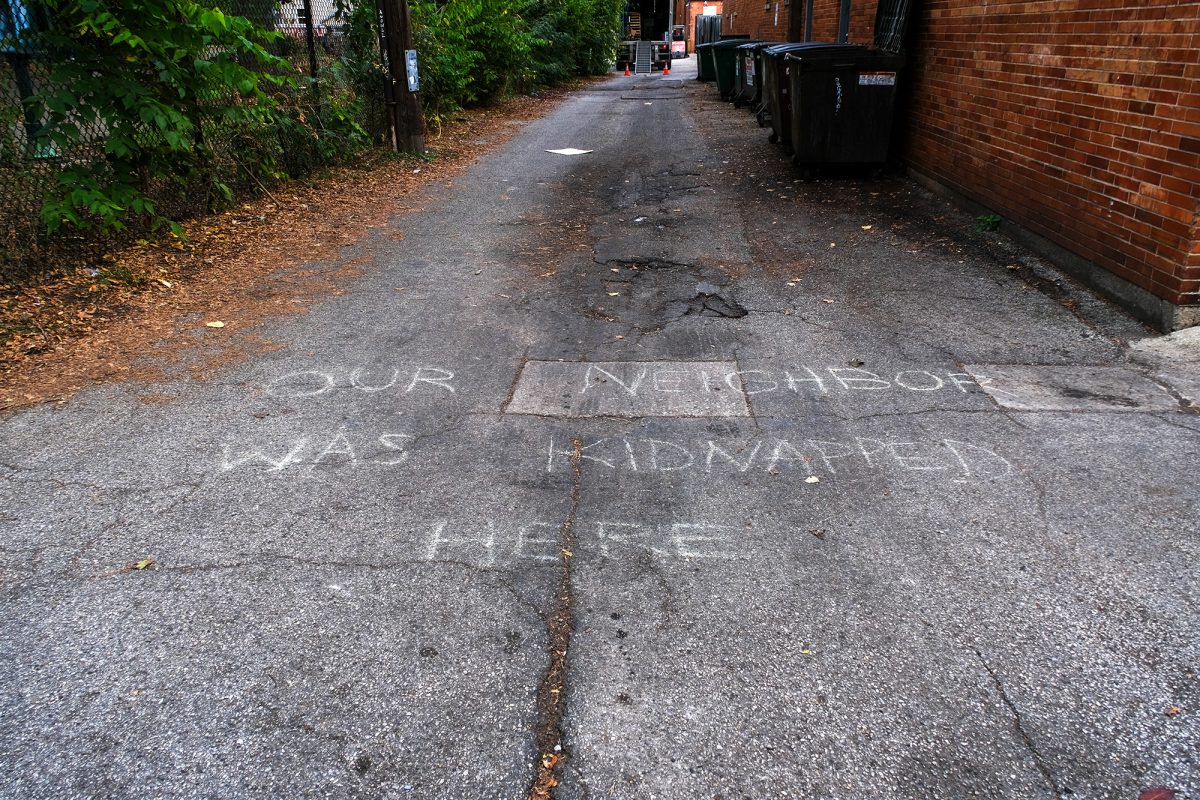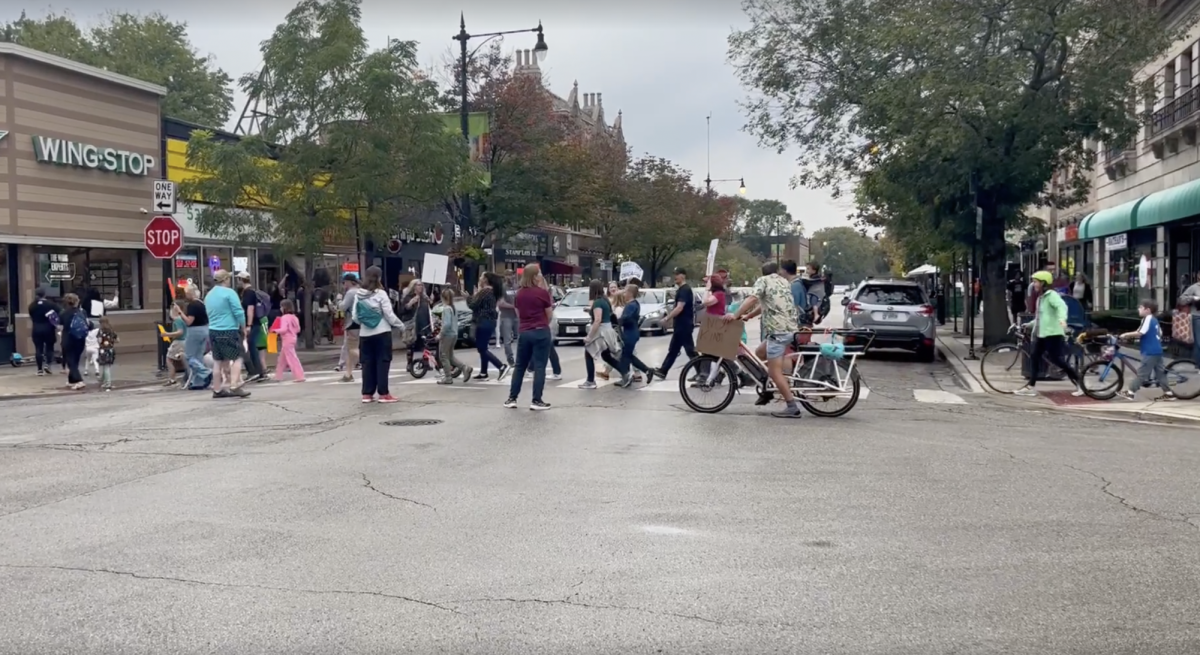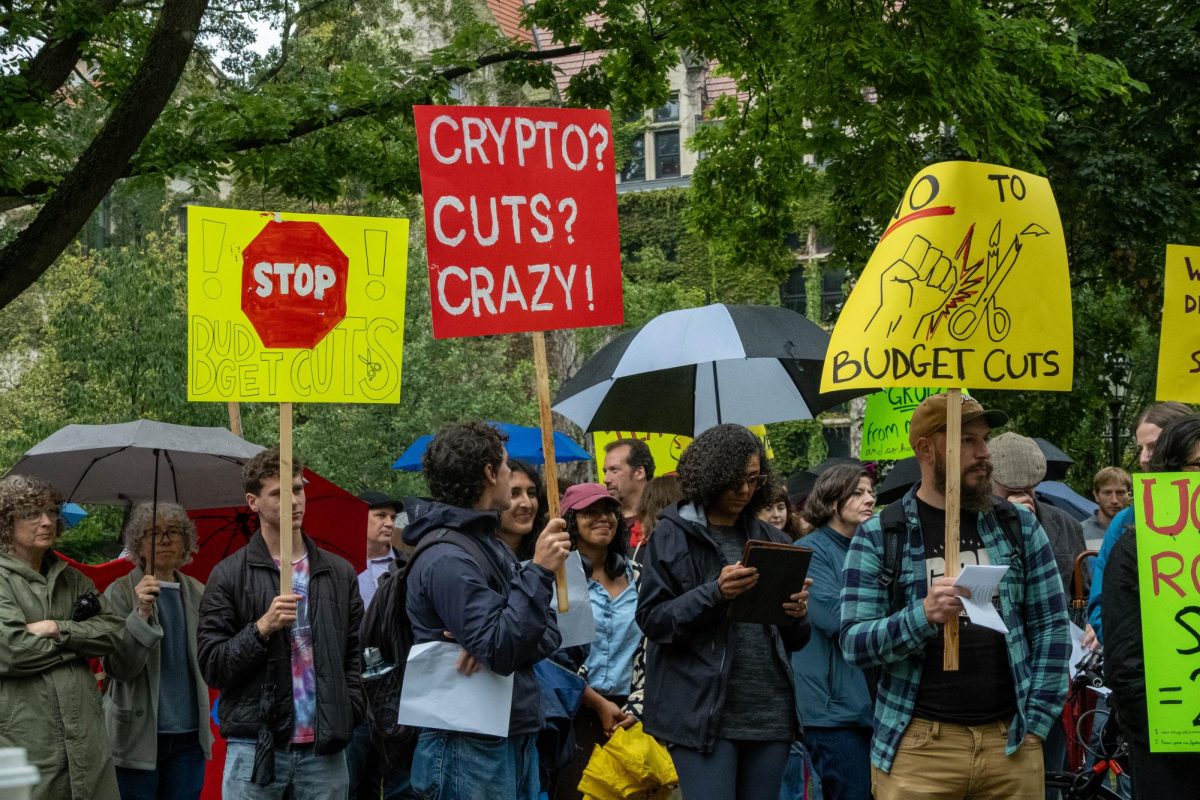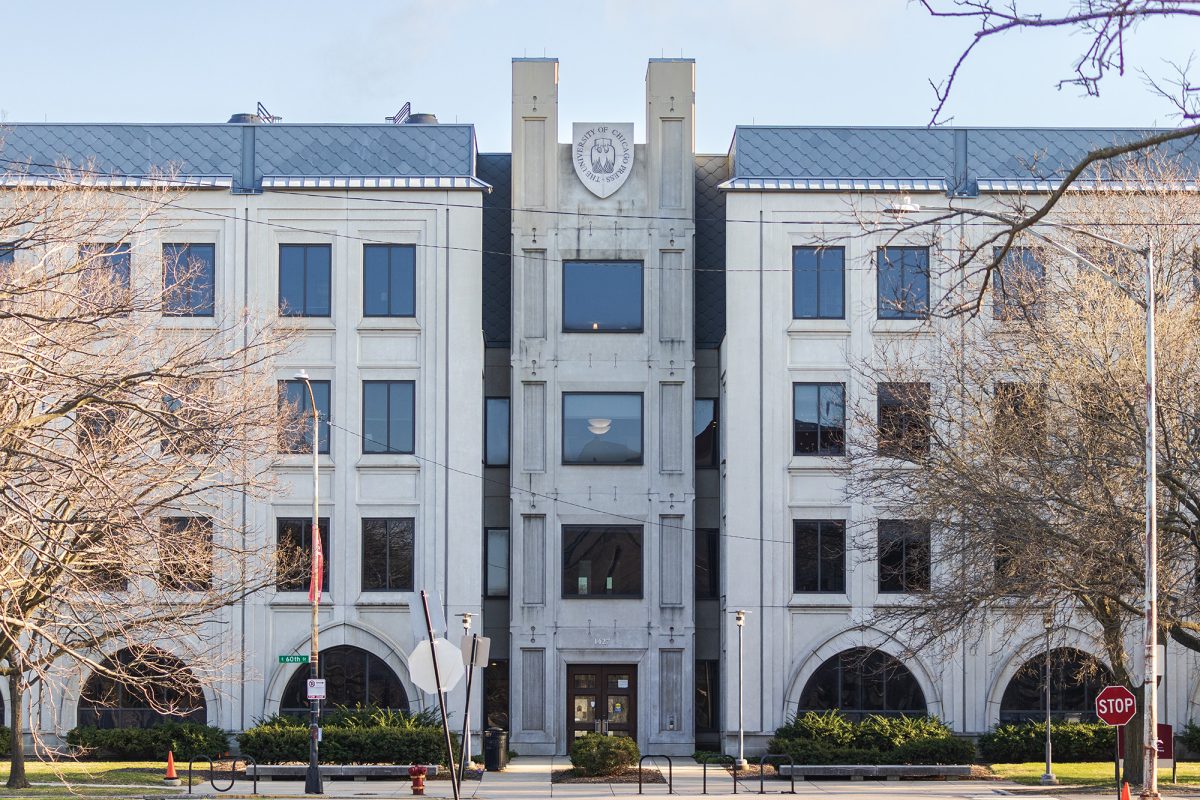No strings attached — the promise that comes with the $500,000 John D. and Catherine T. MacArthur Foundation Fellowship — is an unusual phrase for a professor to hear. But Danielle Allen, who received one of 23 “genius grants” Wednesday from the MacArthur Foundation, is an unusual professor.
“I’m a nerd,” Allen said. “I like to read. That’s what I did when I was a kid.”
As an associate professor in classical languages and literatures, political science, the Committee on Social Thought and the College at the University of Chicago, Allen balances her reading with her teaching, which last year won her the University’s prestigious Quantrell Award for Undergraduate Teaching.
Now, her talents make her one of the few “people who provide the imagination and fresh ideas that can improve people’s lives and bring about movement on important issues,” said Johnathan Fanton, president of the MacArthur Foundation, in a press release.
The MacArthur Fellowships, commonly known as “genius grants,” provide each winner with $500,000 over the course of five years with no stipulations as to how the money must be used. Each year 20 to 30 Fellows are chosen by a 12-member selection committee from a group of nominees. Both nominators and committee members serve anonymously.
“I still don’t know who nominated me,” Allen said.
Not only was Allen in the dark about who suggested her for the award, she also had no idea she was even in the running. “It’s just out of the blue,” Allen said. “Someone from the MacArthur Foundation just called and asked me if I know any MacArthur fellows.”
She does, in fact, know two. “They asked me if I knew any more,” Allen said. “Then they told me I did know one, and very well.”
Allen was packing to attend the funeral of her childhood piano teacher when she received the call notifying her that she had won a Fellowship. Her reaction was simple. “I felt just the feeling of freedom,” Allen said. “The idea that you have the resources to pursue your own projects is very liberating. I felt that instantly.”
The lack of restrictions on use of the grant is one of its hallmarks, and Allen has not yet designated a specific object for the money. “I will try to get more time for my own writing,” Allen said. “I will also try to use it to support studies of elementary and high school education in underprivileged areas, especially on the South Side, and to buy some thank you notes.”
Allen has taught in the Illinois Humanities Council’s Odyssey Project, a year-long course in the humanities for people below the poverty line.
She is coordinating “Poem Present,” a series on contemporary poetry, and she teaches a Common Core social sciences class. “I do plan to continue teaching,” Allen said. “But I definitely want to reorganize my responsibilities to work on my writing.”
Her contributions to the fields of classics and political science include The World of Prometheus: The Politics of Punishing in Democratic Athens and Democratic Entanglements: Rhetoric, Distrust and Sacrifice, and Allen is currently working on a book called Being Citizens. She has long been considering a novel or biography about her piano teacher, which the MacArthur Grant may allow her to realize.
“I chose the University of Chicago because of its great emphasis on interdisciplinary work,” Allen said. This makes sense for someone who sits at the forefront of two fields with great promise for future advance, according to the MacArthur Foundation.
At 29, Allen holds a B.A. from Princeton University in classics with a political theory minor, an M.A. and Ph.D. in classics from King’s college, Cambridge, and an M.A. and Ph.D. from Harvard University. She joined the University of Chicago as an assistant professor of classics in 1997 and became an associate professor in 2000.
According to Allen, the best part of teaching is the students. “I am always impressed by the quality of conversation we have in the classroom,” Allen said. “The other thing I really like about teaching here is I like to cultivate a concept of civic friendship in the classroom, and I’ve found students here very receptive.”
As for her suggestion in the “Aims of Education” address she delivered to the class of 2005 that education and dialogue can combat stasis, or intellectual paralysis, after the terrorist attacks of September 11, Allen sees room for improvement. “I don’t think we’re doing as well as we could be doing,” Allen said. “The situation presents us with the opportunities to rethink some of our political categories, for instance, security. The most secure world is one which is as politically stable as possible.”
That rethinking brings a scholar like Allen to the classics, in which she found value even on September 11. “I think the most important thing is a historical understanding,” Allen said. “A sensitivity to how long problems can last and how old their origins can be and how different different times and places can be.”
According to Allen, such perspective can help us imagine alternatives and can lead to the kind of thoughtfulness required to preserve democracy.
As for her students in the democratic classroom, Allen offers guidance she acknowledges as trite but firmly believes. “I have a piece of advice that I give out regularly,” Allen said.
“The most important thing is to try to follow your own interests. Try to discern them and then pursue them.”
The other 23 recipients of the MacArthur Grants include fellow Chicagoan Inigo Mabnglano-Ovalle, an artist at the University of Illinois at Chicago whose work features giant representations of DNA, a conservationist pilot in Mexico, a concert pianist, and an optical physicist.








